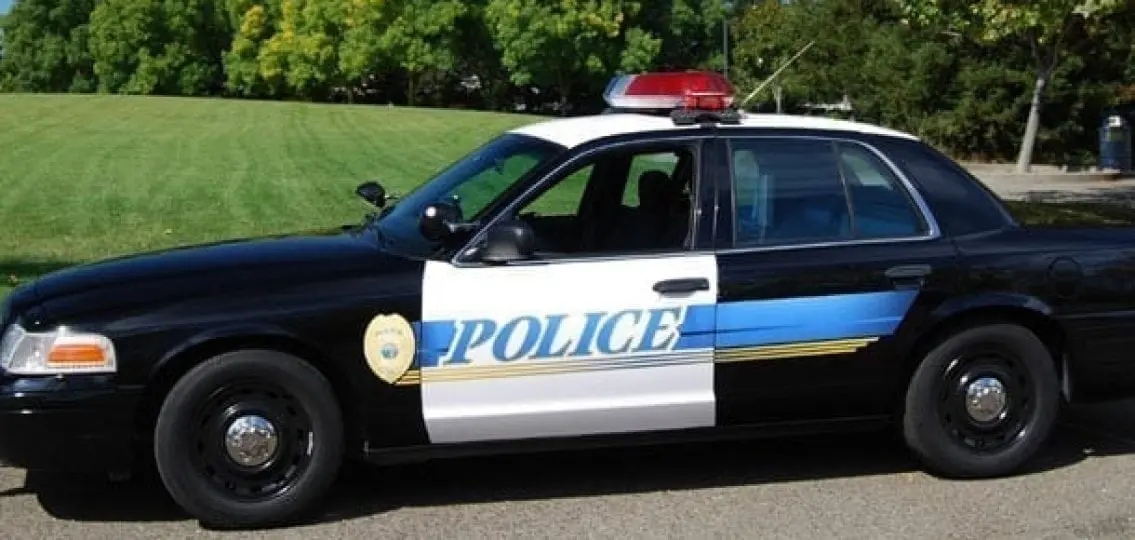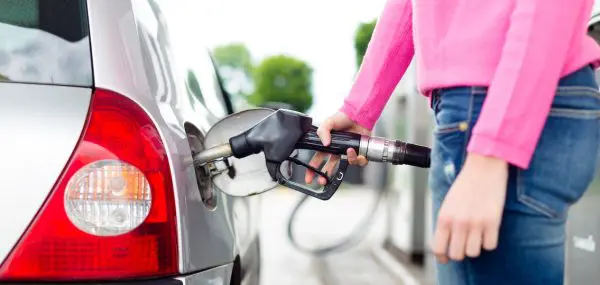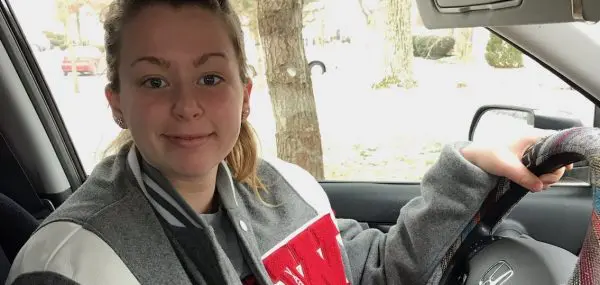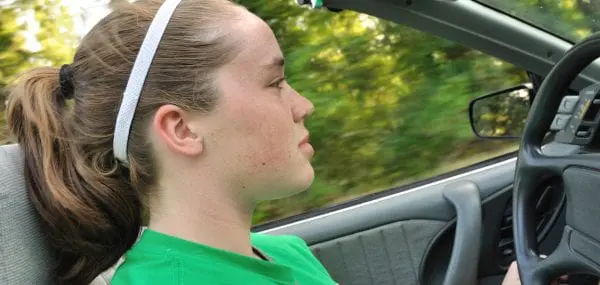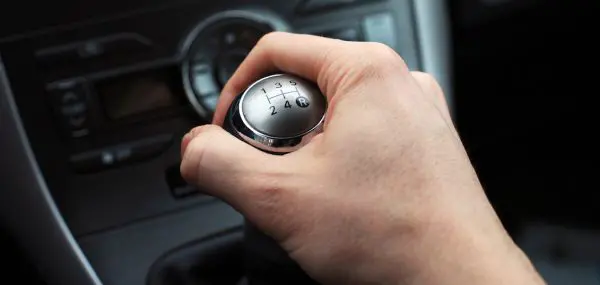You may have forwarded that email to your friends – the story of the teenage girl who is pulled over by a police officer on a secluded, dark road and the police officer ends up being a bad guy dressed in a police uniform. We worry and then we wonder whether the “fake cop” story is real. Maybe not, but better safe than sorry, you think. You hit the send button to 40 of your closest friends, warning them to be on the lookout.
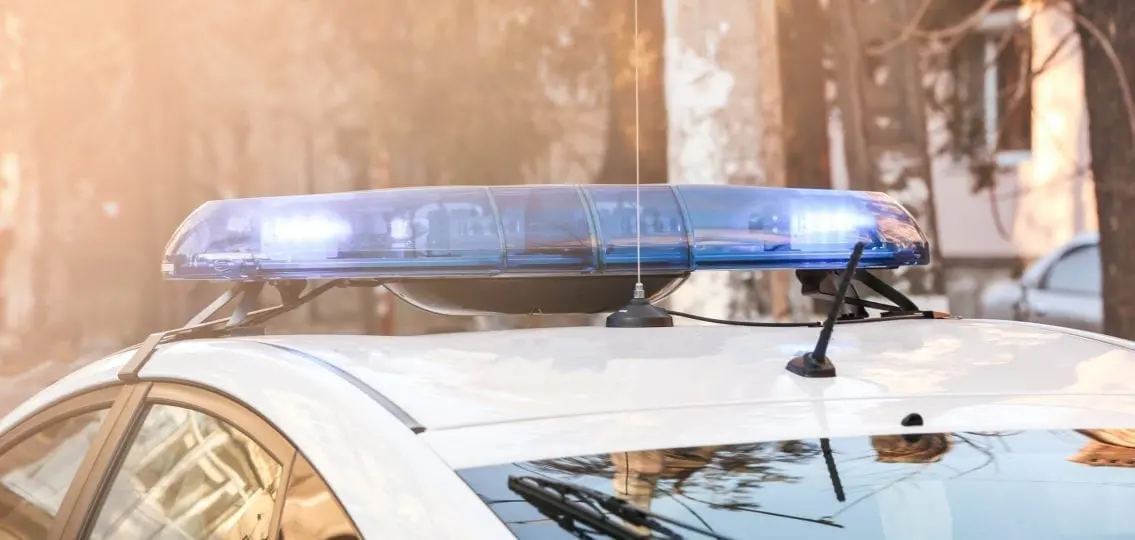
Your Teen asked Patrolman Roger Martin of the Beachwood Ohio Police Department, Sergeant Andy Lehner of the Mentor Ohio Police Department, and Sergeant Dale Orians from Cleveland Heights Ohio Police Department how to spot a fake cop.
How To Spot A Fake Cop
Q: How often does a fake police officer pull someone over in their car?
Lehner: This does not happen very often. I can’t remember a local incident in recent time, but I have heard police announcements relating to this type of situation.
Orians: I have heard of this occurring twice in my many years as a police officer. One was a local situation and one was not.
Q: Is there a way to tell if a police officer is real?
Martin: Yes. It’s not foolproof, but here are a few things to look for. A police vehicle has to say Police on it somewhere, it has to have a fixed light on top that is at least three inches, and the light must be red or blue or both.
Lehner: The car must have lettering on the side. Don’t necessarily look for bar lights on top because they may have a bubble light instead. A police officer should be wearing neatly pressed clothing and males should be clean-shaven. You can’t really depend on an officer having a certain demeanor because each of them has their own personality. Highway patrol should be wearing a hat. Try to become familiar with the uniforms and the patrol cars in your area so that you know how they should look.
Orians: Police should have an official form of identification as well as a badge.
Being Pulled Over: Should I Pull Over If I’m Worried?
Q: Does my teen have to pull over if he or she is nervous?
Martin: Yes. If you do not pull over, the police might think you are trying to get away, and things could get ugly fast.
Lehner: Yes. You should pull over but if there is a more public area very close by, slowly drive to that area.
Orians: Yes. You should pull over. A good police officer sees it as his/her job to help make a citizen comfortable if they appear nervous. Officers are expected to be kind and patient as long as they too are being treated with respect.
Q: Does my teen have to pull over if he or she is in a dark area?
Martin: Police do not want to pull someone over in a dark area because it is not safe for either of you. Therefore, a police will follow you until you are in a lighted area. If he tries to pull you over in a dark place, slowly make your way to the closest lighted area.
Orians: If a teenager is nervous, it is perfectly okay to slowly proceed to the local police station or call the police station to verify the stop. I recommend that when traveling locally or to a distance, have a list of local police station phone numbers in case one is needed. It is a good idea to plan on having these phone numbers when going out in a car. Parents can assist in obtaining these numbers.
| [adrotate banner=”99″] |
When It’s Dark Out
Q: Does my teen have to get out of the car?
Martin: Most police will not make you get out of the car unless they suspect that there is a problem. Crack the window and lock the door as the police officer approaches the car. Highway Patrol often ask you to get out of the car and sit in the patrol car while the ticket is being processed.
Lehner: Police can require you to get out of the car. If it is dark, help them by turning on your interior lights so they can see into the car, lessening the need for you to get out of the car. If your instincts tell you that something is seriously wrong, lock your doors and call 911 if you have a phone. They can connect you to the police in that area to check their status. If you don’t have a phone, sit tight. If two police cars arrive then it should be legitimate. In general, you should obey the officer unless you have a really bad feeling.
Orians: Police may require you to get out of the car. A police pull-over can be verified by calling the local police department.
Final Police Advice
Q: What advice would you give a teen who is really nervous in this situation?
Lehner: In general be respectful, don’t argue, don’t wisecrack, and politely ask what you did wrong. They are required by law to give you this information. If you use common sense and stay alert, you should be able to make good decisions about your safety.
Orians: Have a cell phone and carry local police department phone numbers with you as you travel near and far. “Pay by use” cell phones are a great idea for emergency use only.
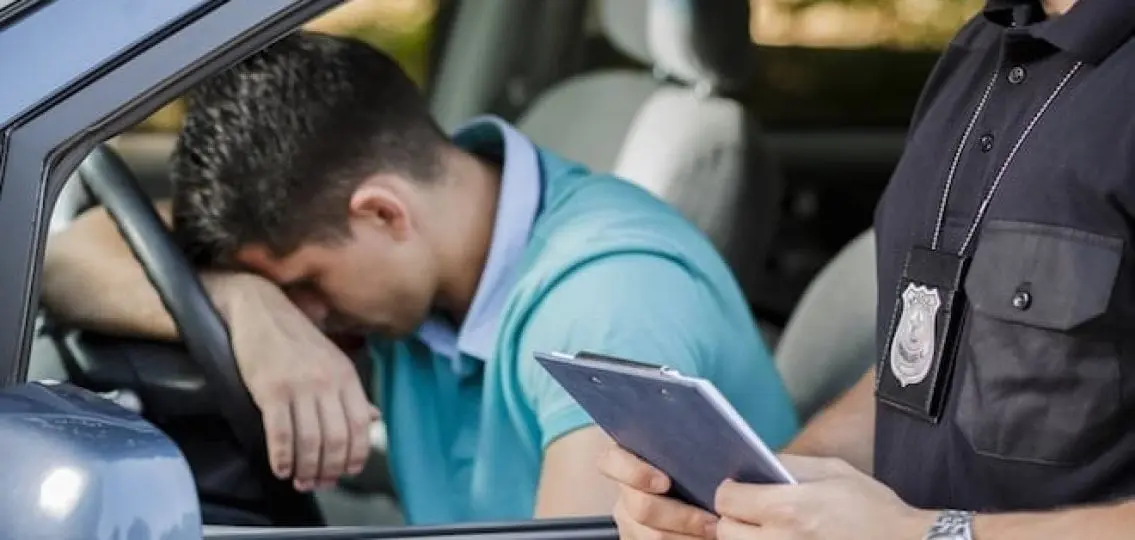
Websites snopes.com and urbanlegend.com are good resources to check the validity of stories received through the Internet.
